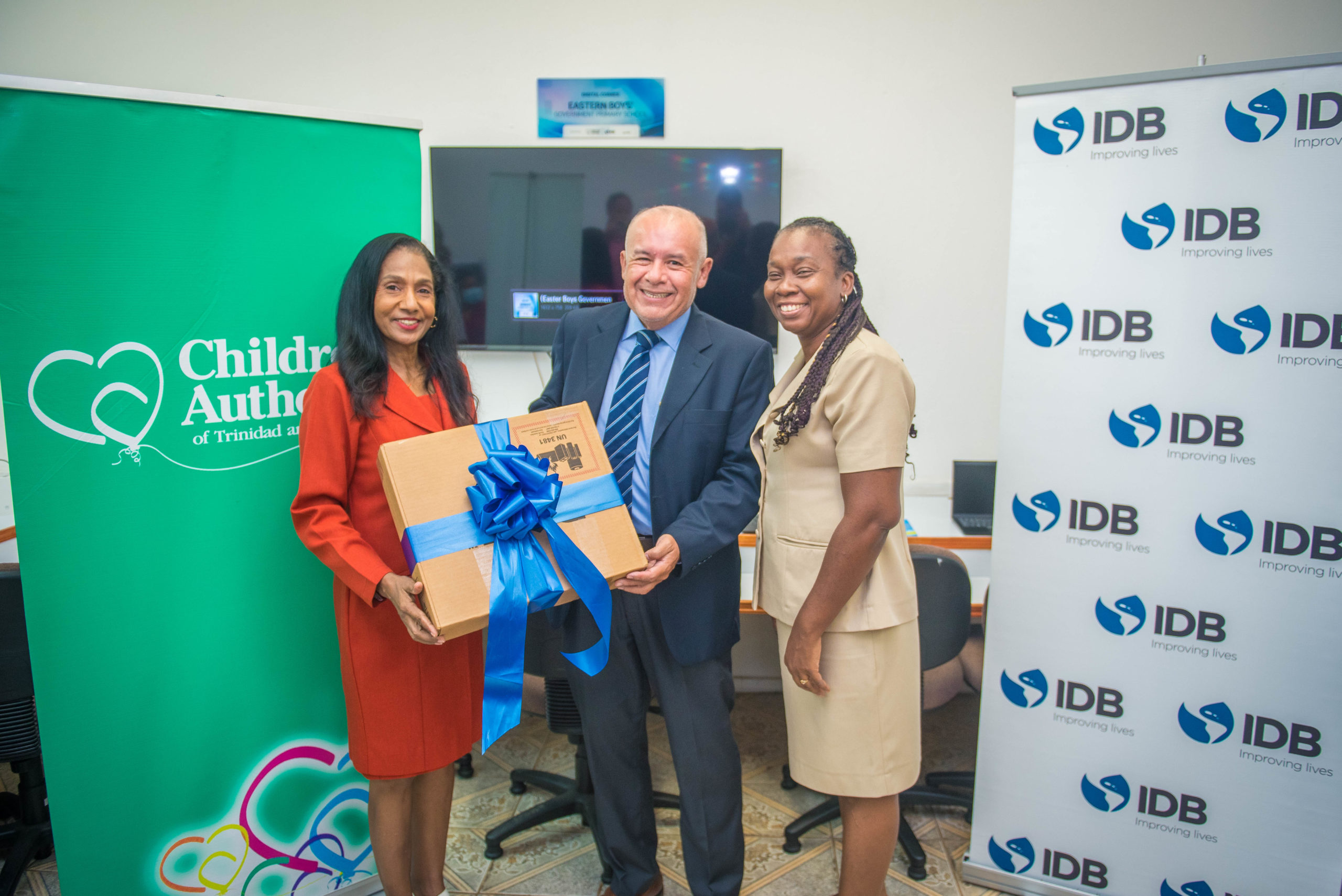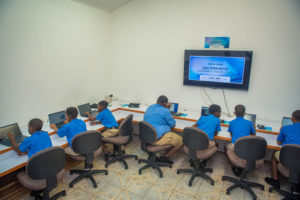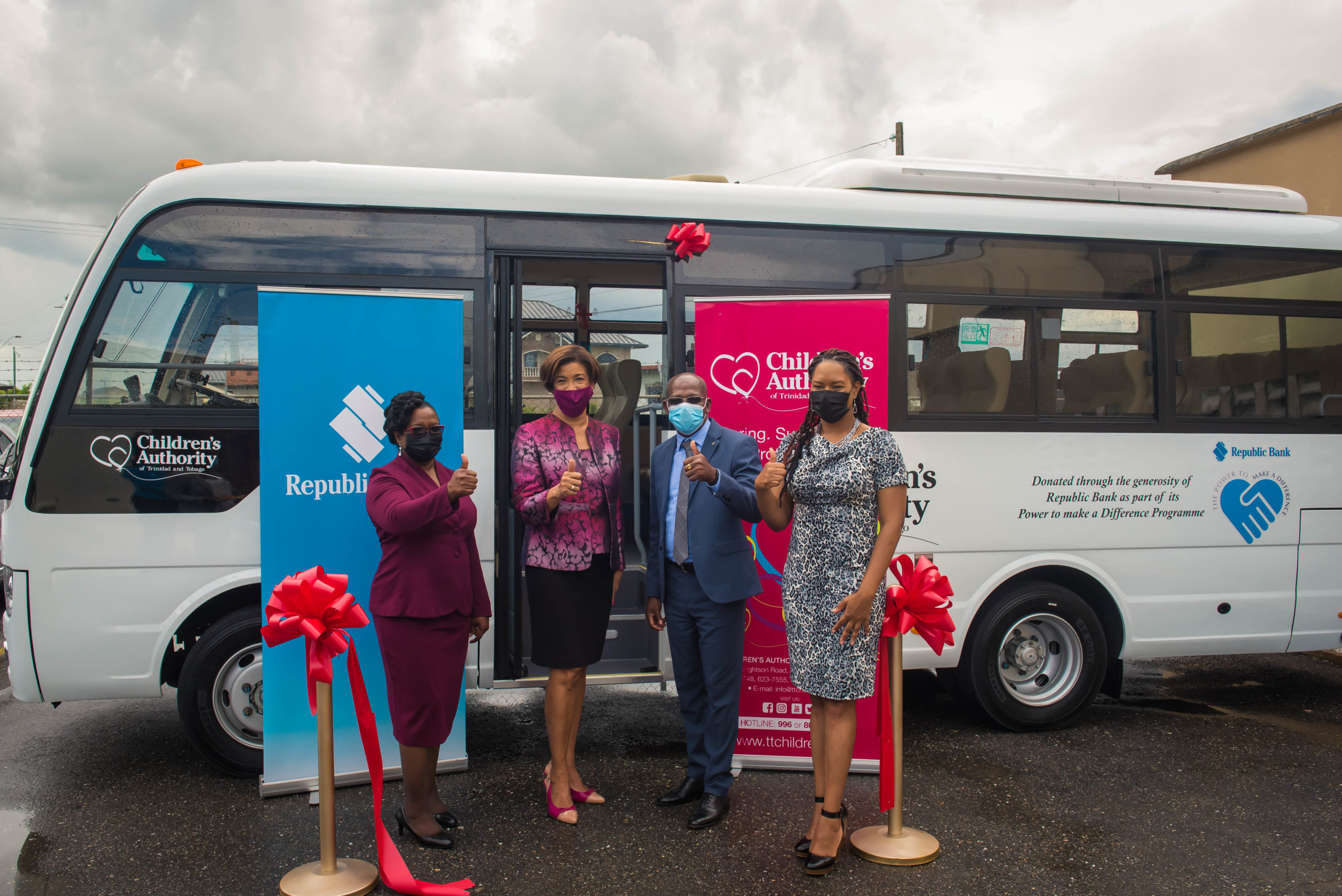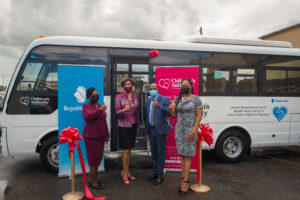The Children’s Authority of Trinidad and Tobago assures the public that it remains concerned about all allegations of child abuse. Consequently, once the Authority receives an allegation relating to sexual or physical abuse at a Children’s Home, that matter is referred to the Police for criminal investigation while the Authority conducts a psycho-social investigation.
As indicated in a viral social media video, the Authority did investigate an allegation of grooming of children by a staff member at the St. Jude’s Home for Girls. This was conducted by the Licensing and Monitoring Unit. The Authority also noted the action taken by the Management of the Home to protect the children in their care.
The Authority advises that it is mandated to licence and monitor Children’s Homes and conduct regular announced and unannounced monitoring visits to the Homes. Human resource issues at the Homes are addressed exclusively by the Management and Board of each Home.
The Authority maintains its commitment to working with all Homes to ensure that they provide for the safety, security and welfare of the children in their care. Although social media provides an opportunity to share information and opinions, the Authority urges the public to maintain the privacy and anonymity of children who have been abused or are at risk of abuse.
Meanwhile, the public is reminded that any concerns about the welfare of a child should be reported to the Authority’s Hotline at 996 or to the Police at 999.
The Authority assures that it will continue to seek the best interest of children and reiterates that “Child Protection is Everybody’s Business”
